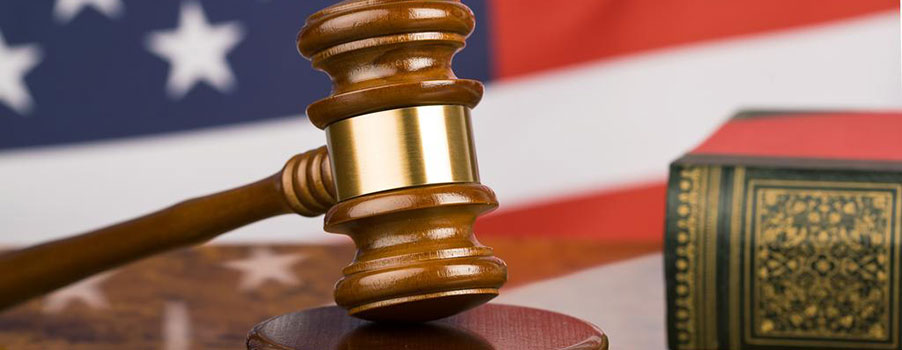On Monday 14, the United States Supreme Court finally delivered a much-anticipated ruling that sports fans and bettors have been eagerly waiting for. The court’s decision effectively overturned the Professional and Amateur Sports Protection Act (PASPA) of 1992 that imposed a federal ban on sports betting in all but a single state – that is, Nevada. The ruling was made in favor of New Jersey which has fought for years to have sports betting at casinos and racetracks legalized.
“The legalization of sports gambling requires an important policy choice, but the choice is not ours to make. Congress can regulate sports gambling directly, but if it elects not to do so, each state is free to act on its own. Our job is to interpret the law Congress has enacted and decide whether it is consistent with the constitution. PASPA is not,” Justice Samuel Alito wrote.
According to the American Gaming Association, Americans illegally wager approximately $150 billion on sporting events every year which is clear indication that even prior to the debate on the legalization of sports betting, the federal ban had already failed miserably. Generally speaking, the existing underground market offers zero protection for gambling addiction or problem gambling and no safeguards for game integrity. These are some of the issues that a legalized and regulated sports betting market could solve.
The Supreme Court decision will take sports betting out of the shadows and thus make it open and transparent. This way, regulators, law enforcement agencies, and sports leagues will have tools and more support in their endeavors to shut down illegal or underground gambling operations. In addition to this, technology experts and data analysts will also be able to easily identify suspicious betting patterns in real time which will, in turn, culminate in better protection for game integrity.
Now that the decision potentially implies the creation of an entirely new revenue stream, there are certainly going to be a lot of interested parties. Professional sports leagues have already made their demands for an integrity fee clear and the government through the Internal Revenue Service is eyeing a piece of the winnings.
“The amount of gambling winnings, less any losses, gets tacked on to all other income you have … and is taxed as ordinary income,” said Bill Smith, managing director at Washington’s CBIZ MHM’s National Tax Office.
A lot depends on the number of states that decide to permit sports betting. Hopefully, the possible legalization of sports betting in some states, such as Pennsylvania, will also have a positive impact on efforts for online poker expansion. Still, it is still too early to tell how impactful the landmark ruling will be since we have to wait and see how the states will handle it.

